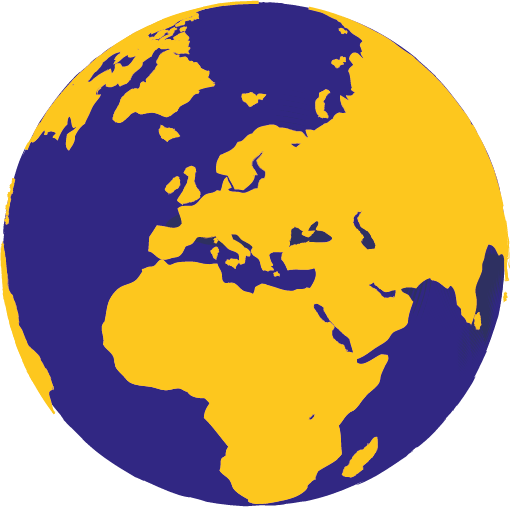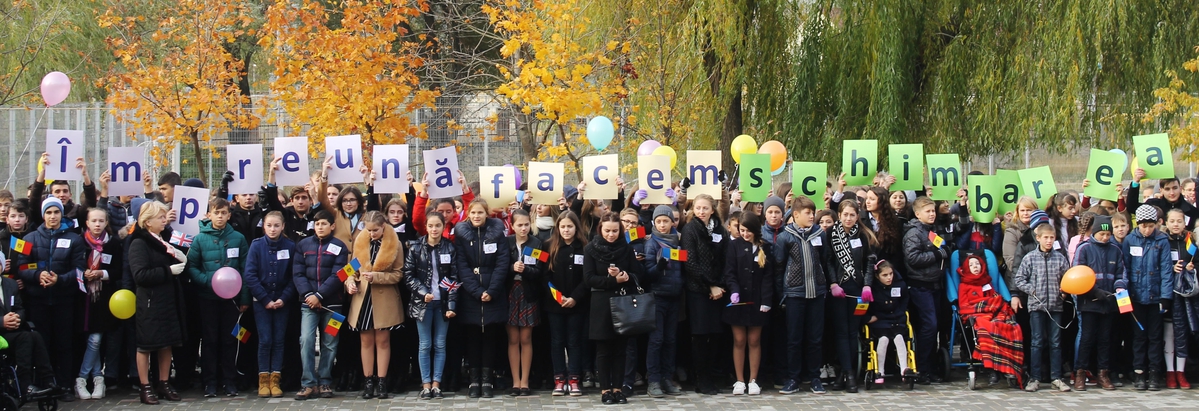The Republic of Moldova had reduced the number of children separated from families in institutional care by more than 80% since the country began an ambitious programme of child care reform a decade ago as highlighted in an national level conference in Chisinau, Moldova, this week.
However, an estimated 1,900 children still live in 35 residential institutions, many of them segregated schools for children with intellectual disabilities. Experts from around the globe gathered in the capital, Chisinau, this week to help the government find ways of helping all those 1,900 to return to families.
Professionals, politicians, policy-makers and child care and protection experts, with partners and NGOs including Lumos, met for the conference - Ensuring the right to a family for every child: Challenges and solutions
The goal was to present the most important results of deinstitutionalisation so far and to highlight the connection between deinstitutionalisation and the development of family and community-based services, inclusive education and early intervention. Thirty large institutions have closed and the number of children in residential care reduced by nearly 9,000 in the last ten years.
Initial evidence from a major assessment of the impact of reform for children suggests it has improved the quality of life for children who were separated from their parents; they have now rediscovered joy of living in a family environment and being included in a school and community. The assessment will play a key role in determining the priorities of the Republic of Moldova as it refines its child protection system to achieve complete deinstitutionalisation by 2020, focusing mainly on strengthening social services for children at risk, developing inclusive education at pre-school level and creating a national system of early childhood intervention services.
Representatives of Moldovan central and local authorities, specialists working in social assistance, education, and healthcare sectors, international experts, as well as academics and professionals from non-governmental sector shared national and international best practice in preventing of child-family separation and models of family-type alternative care for children separated from parents. The voices of children were also an important element. Workshops cover child participation in the decision and policy-making process, with an exhibition of children’s drawings entitled The Child’s Right to A Family.
The event is organised by the Ministry of Labour, Social Protection and Family of the Republic of Moldova, the NGO Partnerships for every child and Lumos, with financial support from Lumos and the US Agency for International Development (USAID).



